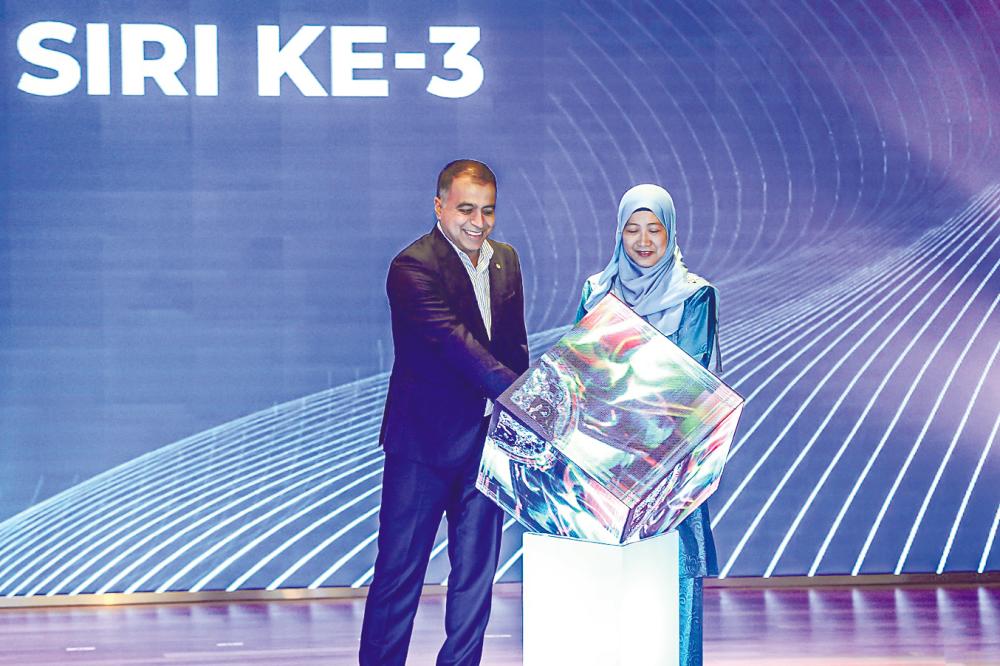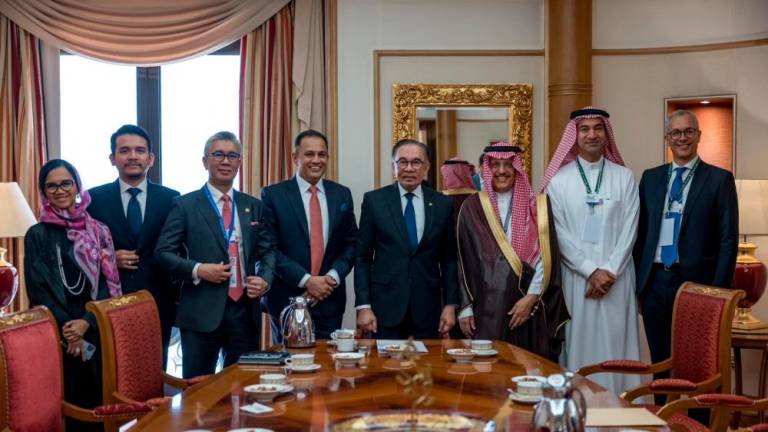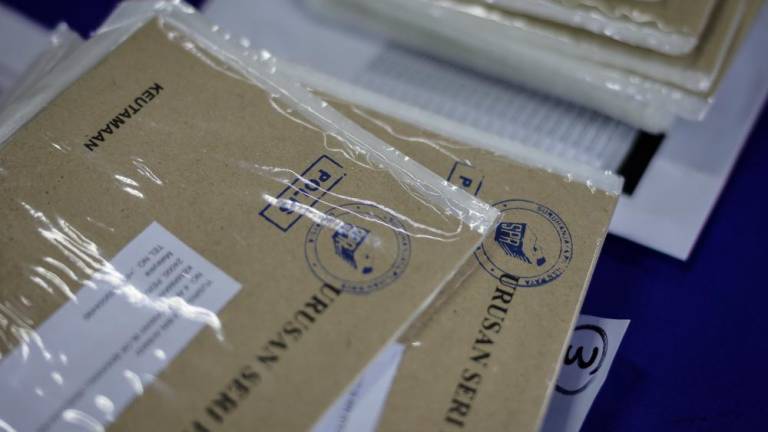PUTRAJAYA: Malaysia aims to achieve a 90% cashless payment target by 2025, with the current penetration rate ranging from 60% to 70%.
Payments Network Malaysia Sdn Bhd (PayNet) government digitalisation senior director Firdaus Ghani stated that the strategy involves offering incentives, improving infrastructure, and changing public mindsets.
“We have been collaborating with the Finance Ministry (MoF) for the national cashless programme (Cashless Boleh) since 2019, initially with three agencies, then expanding to 18 agencies in 2020, and continuing into 2021. Currently, we are still in the process of discussions and seeking approval from the MoF to proceed with Cashless Boleh 4.0.
The end goal is at achieving fully cashless at 95%, a number borrowed from full employment in economic contexts,” he told reporters at the prize giving ceremony for the concluded Cashless Boleh 3.0 campaign at MoF today.
Currently, overall public sector digital payments penetration rate crossed the 80% threshold at 81.3%, rising over 22% at both federal and state levels from just 58.8% since the campaign began in 2021.
Selangor and Penang state governments have crossed 80% digital payments penetration.
Selangor state government has achieved the highest penetration rate among all participating state governments.
The Social Security Organisation achieved the highest penetration rate with more than three million digital payment transactions.
Majlis Amanah Rakyat (Mara) and Malaysia Examination Council (MPM) have achieved the highest penetration rate for more than 400,000 up to three million digital payment transactions.
Malaysia Insolvency Department has the highest penetration rate for up to 400,000 digital payment transactions.
Eight public sector ministries and agencies have achieved full digital payment penetrations. They include Nasional Higher Education Fund Corporation (PTPTN), 155 local authorities through Ministry of Local Government Development, Ministry of Investment, Trade and Industry, Immigration Department, Majlis Amanah Rakyat, Federal Court of Malaysia, Social Security Organisation, and Employees Provident Fund.
MoF deputy secretary-general (management) Datin Rashidah Mohd Sies said the government focuses on driving efficiencies and transparency within the public sector.
“Public-private sector collaborations to advance the nation’s cashless agenda such as these are welcomed since it contributes directly to that goal. The efficiency gained by the rakyat in time and cost as they deal with a cashless enabled government is immense,” she said.
PayNet group CEO Farhan Ahmad said that their role is to facilitate the nation’s journey towards embracing the digital economy by making digital payments available to the people in a secure, accessible, and inclusive manner.
“By harnessing the power of digital payments within the public sector, the country benefits from increased public trust and confidence, a more open economy and as a result, a more conducive environment to drive shared prosperity and innovation. With the current public sector digital payments adoption rate at over 80%, both the rakyat and the government are experiencing these benefits from the efficiencies gained,” he said.










